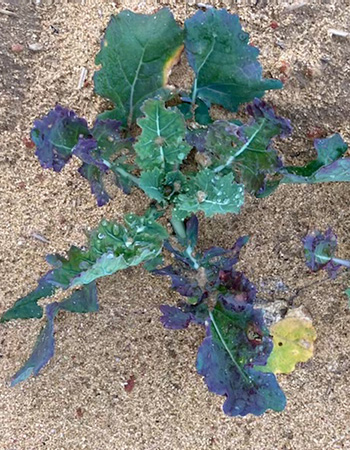Effective virus management in grain crops (C1)
Investment
GRDC Code: DAW2305-003RTX
Effective virus management in grain crops (C1)
Viruses are a pervasive and sometimes a hidden threat to grain and oilseed production across Australia. Numerous viruses affect grain production, varying in their modes of transmission, the crops they affect, and their management strategies. Often, viruses lead to asymptomatic infections; however, when symptoms do occur, they can be easily mistaken for other stress factors like nutrient deficiencies, herbicide damage, or waterlogging. In contrast to fungal diseases, viruses cannot be 'sprayed out' of an already infected crop, therefore control needs to be preventative and relies on good information about potential risk being available. This project will provide data on virus prevalence, insect vector movement, and seed infection levels across Australia's grain growing regions, all of which will assist growers in making more informed management decisions. The project will also provide new information on how these viruses spread, what their yield impact is, and improve control measures.
- Project start date:
- 01/07/2023
- Project end date:
- 30/05/2028
- Crop type:
-
- Barley, (Cereal)
- Wheat, (Cereal)
- Chickpeas, (Legume)
- Field Peas, (Legume)
- Lentils, (Legume)
- Lupins, (Legume)
- Canola/Rapeseed, (Oilseed)
- Organisation
- Department of Primary Industries and Regional Development
- Region:
- North, South, West
- Project status
-
Active
GRDC News
National project to advance Australian virus management
15 Jan 2024
From evaluating new strains of virus to assessing the annual impact on crops, the latest...
Podcasts
Managing green peach aphids and the emerging turnip yellows virus risk in canola - GRDC
05 Mar 2024GRDC Project Code: DAW2305-003RTX,. Crops and topics. Canola. Aphids. Diseases.

Resources

Paddock Practices: Manage green bridge to reduce virus/aphid risk in canola - GRDC
13 Mar 2024
Volunteer canola is currently widespread across much of the southern region and warm conditions appear to already be favouring aphid persistence. A TuYV outbreak could cause significant damage to canola crops.
